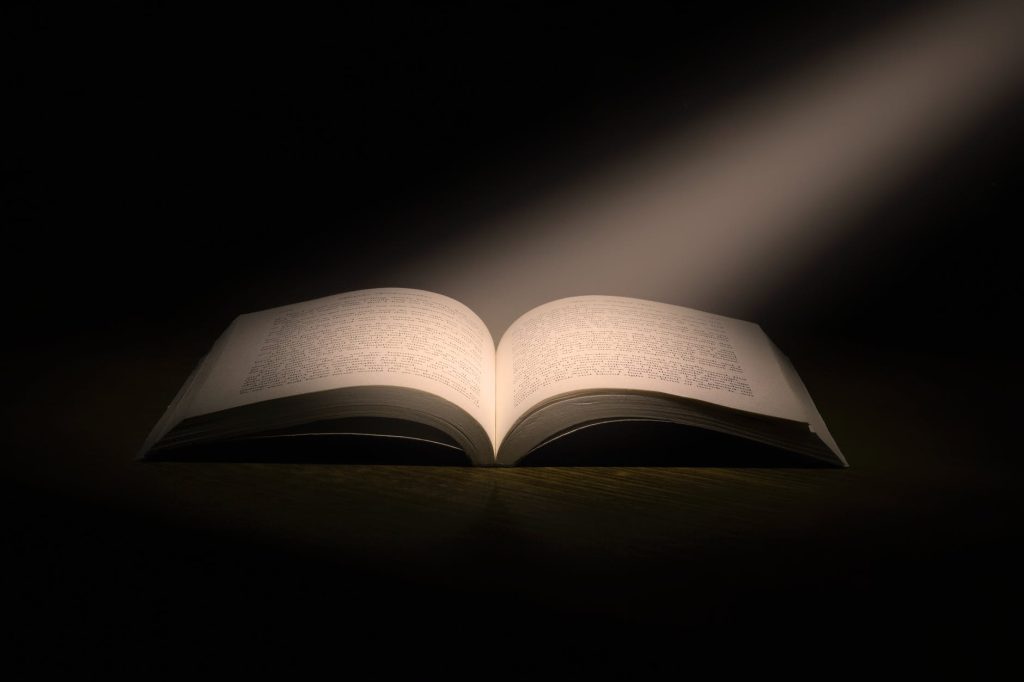
The phenomena of problematic authors, revived and re-embittered by J.K Rowling like Voldemort himself, is nothing we haven’t seen before. The sudden revelation of her prejudices is but one in a long line of writers whose private beliefs have either trickled into their works or been openly admitted, including H. P. Lovecraft and Rudyard Kipling. Awful as it was, however, it prompts an important question: do these “problematic works” deserve to be read.
The black and white answer is no, especially if one includes in their remit the range of texts on offer from political extremists that try to convince their audiences (sometimes successfully) of the insidious agendas to “erase white people” or “eradicate heterosexuality”. When falsehoods are presented as fact, the risk is clear. However, it is when fiction comes into question that things get complicated.
As a student of literature, I do believe that there is some basic value to be found in works that are generally thought to be “good”. I am well aware that there are problems with the traditional literary canon, but if these can be addressed there is a value in a corpus of generally accepted works of literary excellence. I think that some books written by sexist, racist, or homophobic writers are objectively good, and certainly have contributed to developments in literary expression and thought. Some sexist writers have had important things to contribute to discussions of race. And some racist writers have had important things to say about gender. And some transphobic writers have created feminist icons. It’s a terribly unsatisfying situation.
All the same, I feel that placing a blanket ban on anything exhibiting a harmful ideology within literature is unproductive, not least because the main perpetrators of it are long dead and no longer profiting from their ill-gotten gains. For one thing, works of fictional literature do a great deal to uncover the state of the time in which they were written without the pretention of historiographical documents. Fiction writing remains relevant and engaging long after historical documents of the time have become outdated. Furthermore, they do so without claiming to be cut and dry; a problem that manifests in the construction of the whitewashed education system we see today, and which people defend as the truth. Indeed, part of the historical value of these texts is the ways in which they draw attention to pervasive and normalised ideologies. To reject them all is to pretend that history has been kind to those it has in fact punished, something that fuels hateful arguments and wins converts in the great battles of (mis)information taking place online.
Good things can come from bad people, important lessons can be learned from horrible mistakes. Not everyone needs to read these books, but my main message here is one of choice. I have never been penalised for my choice of reading material, but far too often I see people promote an unattainable ideal of consumption purity, whereby you may only watch, read, or enjoy things that are not in any way problematic. This is really hard to do. I could fill a whole book with a list of authors or texts that in some way fall into harmful stereotypes, but I’d much rather suggest a way forward that does not erase the negative actions of authors down the centuries.
We cannot avoid problematic media: it is everywhere. Instead, we can put love back into the world. For every book or film or tweet that we see doing harm, we can donate, critique, and rebut with a positive message. The more we recognise and build upon the mistakes of literatures past, the more likely we are to get it right the next time round.
